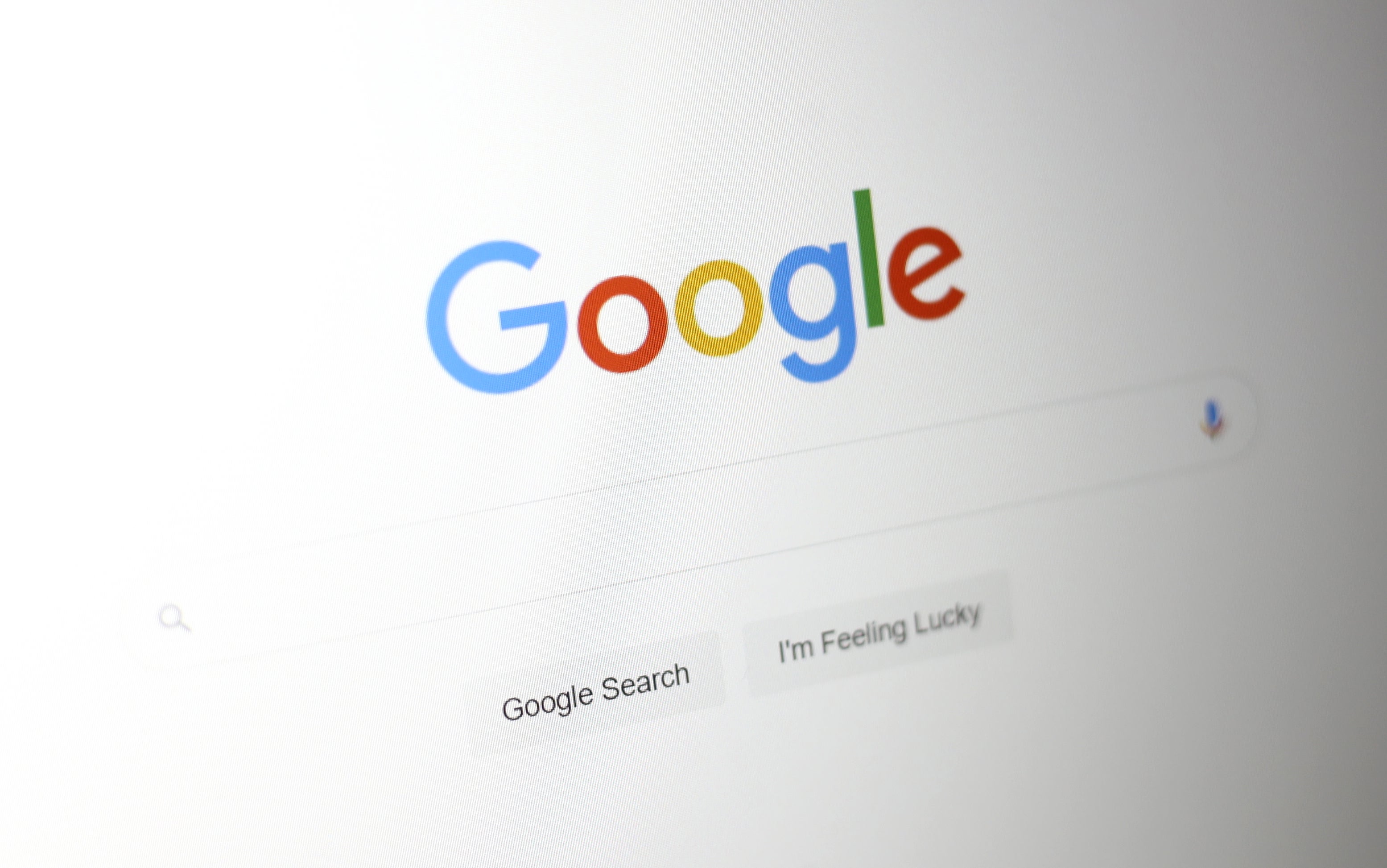Google wins Supreme Court appeal to block £3bn data action
The group bringing the legal action claimed that Google had secretly tracked millions of iPhone users’ internet activity

A £3bn legal action against Google over claims the company secretly tracked millions of iPhone users’ internet activity has been blocked by the Supreme Court.
Former Which? director Richard Lloyd, supported by the campaign group Google You Owe Us, wanted to bring a “representative action” against the US-based tech giant on behalf of around 4.4 million people in England and Wales.
He claims Google “illegally misused the data of millions of iPhone users” through the “clandestine tracking and collation” of information about internet usage on the Safari browser, known as the “Safari workaround”.
Mr Lloyd and Google You Owe Us had hoped to win between £1bn and £3bn in compensation – about £750 per person – for alleged breaches of the Data Protection Act.
The High Court initially ruled, in October 2018, that Mr Lloyd could not serve the claim on Google outside the jurisdiction of England and Wales, but that ruling was overturned by the Court of Appeal a year later.
However, on Wednesday a panel of five Supreme Court justices allowed an appeal by Google against the 2019 decision.
Giving the lead ruling, Lord Leggatt said that Mr Lloyd’s intention that affected iPhone users should each be awarded a uniform sum, without having to prove financial loss or mental distress, was “unsustainable”.
The judge said: “What gives the appearance of substance to the claim is the allegation that Google secretly tracked the internet activity of millions of Apple iPhone users for several months and used the data obtained for commercial purposes.
“But on analysis the claimant is seeking to recover damages without attempting to prove that this allegation is true in the case of any individual for whom damages are claimed.
“Without proof of some unlawful processing of an individual’s personal data beyond the bare minimum required to bring them within the definition of the represented class, a claim on behalf of that individual has no prospect of meeting the threshold for an award of damages.”
Google’s lawyers argued at a hearing in April that the landmark Court of Appeal ruling could “open the floodgates” to vast claims brought on behalf of millions of people against companies responsible for handling individuals’ data.
Google You Owe Us and Mr Lloyd claimed that Google had bypassed privacy settings on Apple iPhone handsets between August 2011 and February 2012 and used the data gathered to divide people into categories for advertisers.
They said “browser-generated information” collected by Google included racial or ethnic origin, physical and mental heath, political affiliations or opinions, sexual interests, and social class.
Google’s lawyers said that there was no suggestion the so-called Safari workaround had resulted in any information being disclosed to third parties.
Subscribe to Independent Premium to bookmark this article
Want to bookmark your favourite articles and stories to read or reference later? Start your Independent Premium subscription today.
